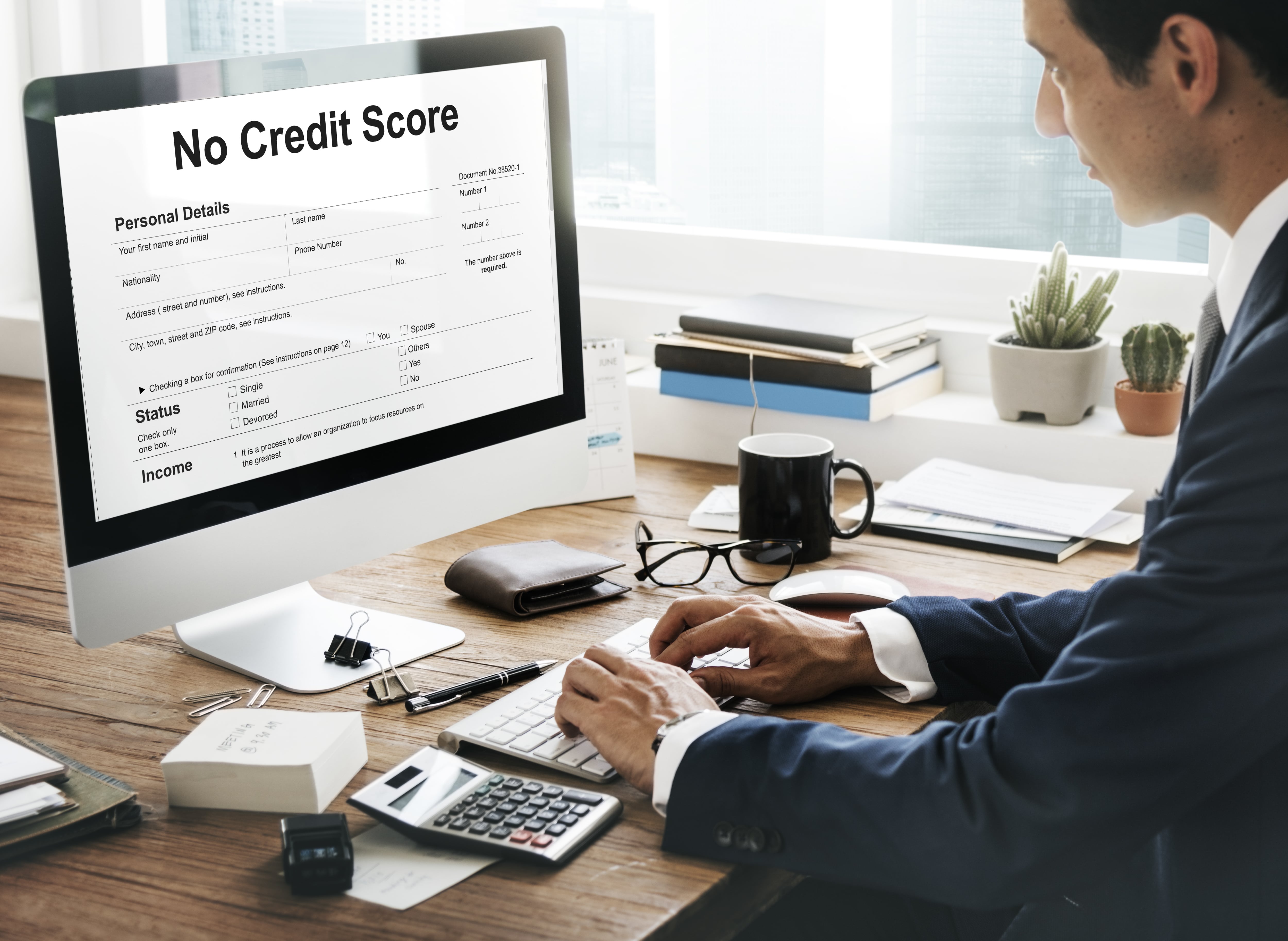 02 June, 2023
02 June, 2023
Do you have a bad credit score? Don't let that stop you from securing the line of credit you need. In this blog post, we'll explore the different types of credits available to individuals with less-than-stellar credit histories. We'll also discuss why your credit score matters and provide tips on easy-to-get credit lines with bad credit. So, whether you're looking to start a business or just need some extra cash flow, keep reading to discover the best options for securing a line of credit despite your bad credit score!
A bad credit score can feel like a huge obstacle when it comes to securing lines of credit. However, having less-than-perfect credit doesn't have to keep you from achieving your financial goals.
Firstly, it's important to understand that there are lenders who specialize in working with individuals who have poor credit scores.
Additionally, there are alternative lending sources available such as peer-to-peer lending platforms or online cash advance services.
Despite having a bad credit score, you still have options to secure a line of credit.
One option is getting a secured credit where the lender requires collateral such as your car or home. With this type of line, the lender has security in case you fail to repay the credit.
Another option is getting an unsecured personal credit which doesn't require any form of collateral. However, interest rates for this type of line are usually higher than those for secured lines because there's more risk involved.
If you're looking for quick cash, payday credit might be an option but they come with high-interest rates and fees.
Credit unions also offer credit lines even if you have bad credit but their interest rates may not be as competitive as banks'.
It's a three-digit number that represents your creditworthiness. A high credit score shows that you have a good track record of paying off debt, while a low credit score indicates the opposite.
Having a bad credit score can affect your ability to get approved for lines of credit in the future. Lenders use it as one of the key factors in deciding whether or not to approve your application and what interest rate to offer you.
Additionally, having a low credit score means you're more likely to be charged higher interest rates on any lines of credit you do qualify for.
Improving your credit score may seem like a daunting task, but there are steps you can take to start rebuilding your credit. Some tips:
1. Pay Your Bills on Time: Late payments harm your credit score, so make sure all of your bills are paid on time.
2. Reduce Your Debts: High debt levels also negatively affect your credit score. Try paying off as much debt as possible, starting with the highest interest-rate debts first.
3. Keep Old Credit Accounts Open: Closing old accounts can shorten the length of your credit history and lower your overall available credit.
4. Monitor Your Credit Report: Regularly reviewing your credit report allows you to detect any errors or fraudulent activity that could be damaging to your score.
5. Seek Professional Help if Needed: If improving your credit seems overwhelming, consider seeking the assistance of a reputable financial advisor or counselor who can offer guidance and support in rebuilding and managing finances.
Having a bad credit score can be challenging when it comes to securing a line of credit. However, there are still options available for those with less-than-perfect credit scores. It is essential to do your research and understand the different types of funds you can get with bad credit.
Remember that your credit score matters and taking steps to improve it can help you secure better credit options in the future. Consider working with a financial advisor or seeking out resources on how easy to get credit lines with bad credit.
With determination and persistence, you can find the best option for securing a line of credit despite your bad credit score. Don't let past mistakes hold you back from achieving financial success in the future.